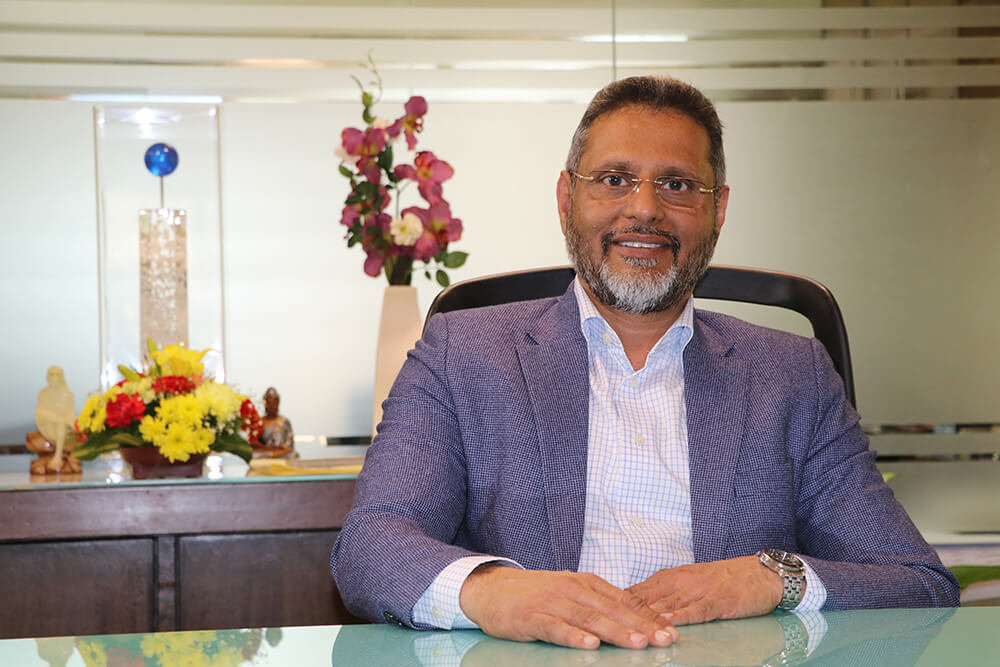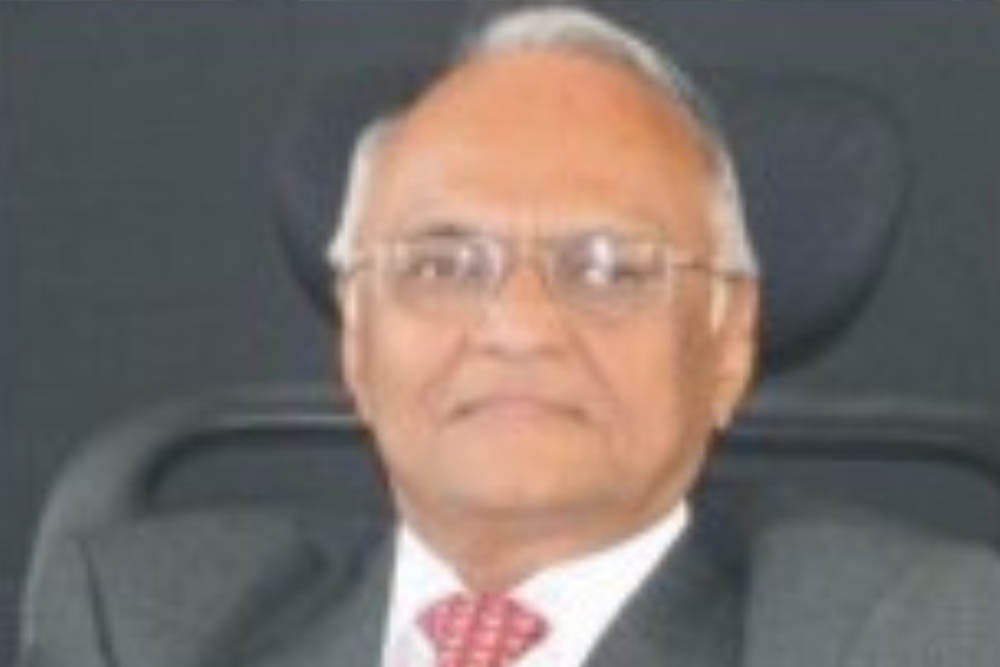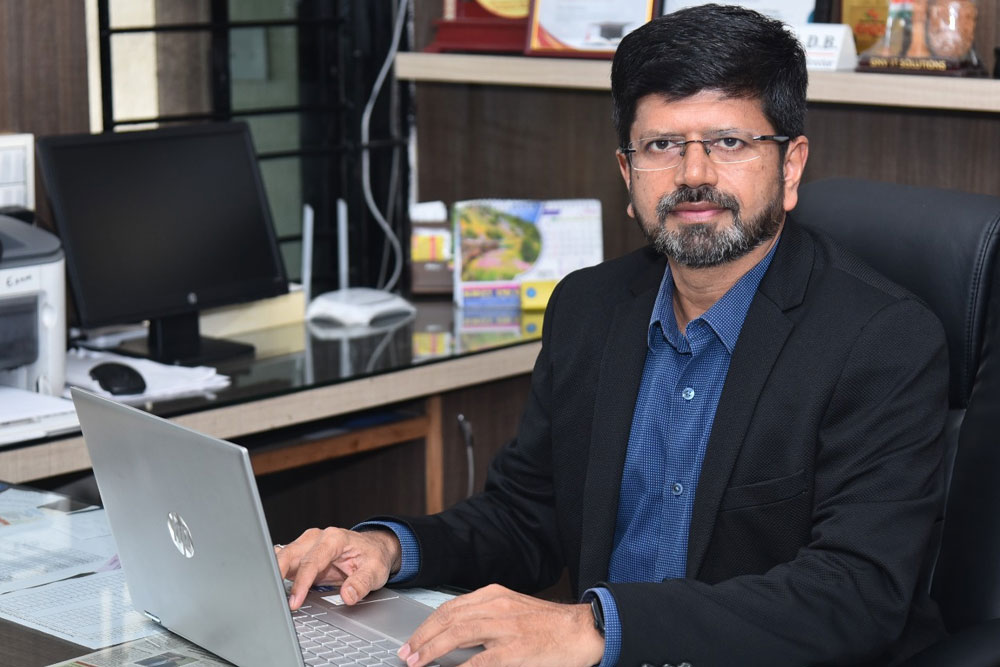 Dr. Chenraj Roychand
Dr. Chenraj Roychand A distinguished Indian educationist, entrepreneur, angel investor and philanthropist with over 40 years of experience...
 Dr. Chenraj Roychand
Dr. Chenraj Roychand  Sri. Achalchand Jain
Sri. Achalchand Jain  Dr. Ganesh D. B.
Dr. Ganesh D. B.  Master of Business Administration (MBA)
Master of Business Administration (MBA)
 Master of Business Administration (MBA) - 120
Master of Business Administration (MBA) - 120
| Academic Year: 2020-21 | |
| Start Date: March 13 2021 | End Date: March 13 2021 |
| Organized by: Women’s Cell | Number of Days: 1 |
| Venue and Time: Seminar Hall, 2 .00 PM | Number of Student Enrolled: 30 |
| Location: JIT, Davanagere | Number of Student participated: 30 |
To celebrate International Women's Day and promote awareness about the importance of recognizing and empowering women within the Jain Institute of Technology community.
The Institute’s Women cell planned a grand celebration of "Women's Day" on March 13, 2021. Students, teachers, and notable visitors gathered for a day honouring and empowering women. The CICC Chairperson, Principal, Prof. Shailaja B M, and JITD Principal, Manjunath T S, were among the distinguished persons who presided over the ceremony. On this occasion, a number of indoor sports were organised for the women's personnel.
| Academic Year: 2020-21 | |
| Start Date: July 5 2021 | End Date: July 5 2021 |
| Organized by: Women’s Cell | Number of Days: 1 |
| Venue and Time : Dr.APJ Abdul Kalam Laboratory, 3.00PM | Number of Student Enrolled: 15 |
| Location: JIT, Davanagere | Number of Student participated: 10 |
communicate effectively in spoken English on issues and ideas with a reasonable degree of fluency and accuracy in different social settings and different kinds of social encounters. make meaning by organizing language and using appropriate grammatical patterns.
Institution’s women cell on July 5 2021 had conducted pick and speak competition. Students were made to choose the topic on lots. Minimum duration was 3 minutes. Communication skills, clarity on topic were the judgmental criteria. Best two were selected and awarded prize. Women cell head distributed prizes and congratulated all the participants.,
| Academic Year: 2020-21 | |
| Start Date: 12 May 2020 | End Date: 12 May 2020 |
| Organized by: Women’s Cell | Number of Days: 1 |
| Venue and Time: CSE lab, Davangere, 11.30 AM | Number of Student Enrolled: 30 |
| Location: JIT, Davanagere | Number of Student participated: 30 |
"Mind your Mind" offers an interactive session on mindfulness, guiding participants through practical techniques to enhance mental well-being and cultivate present-moment awareness. Join us to explore mindfulness practices that promote stress reduction, emotional regulation, and overall inner peace.
Dr. Durga Prasad Baliga, SWO, AEF
Being mindful involves observing the circumstances without passing judgment on them. It is, in a nutshell, being present. In any case, being aware of our actions benefits people from all walks of life. IT workers who are overly engrossed in their job in an inert, interface-driven environment for an extended period of time often operate in “Auto pilot mode,” which causes them to become less conscious and more robotic in their behaviours. The concept of mindfulness was introduced at the beginning of the session. A brief task to see if Employees frequently operate in autopilot mode. It was highlighted how the session outline differs from mindfulness-based therapy. Its origins in Buddhist teachings and the ways in which the west popularized it were both covered. The lesson continued with a focus on the significance and meaning of “Present,” illustrated by a scene from the Kung Fu Panda movie in which Master Logway is heard saying, “Yesterday is a gift, tomorrow is a mystery, that is why it is called Present.” The topic of how to multitask and still stay mindful was covered in the session The key components of mindfulness—letting go, accepting, focusing, being patient, not passing judgment, having trust, and having an open mind—were thoroughly covered. Every participant took actively participated in the conversation and expressed their opinions. The lecturer continued by going over the benefits of practicing mindfulness for both physical and mental wellness. Towards the end of the program, there were techniques for increasing mindfulness. For the session, written comments were collected. The majority of the staff thought the training was helpful and refreshingly new. A few attendees proposed extending the session’s duration, but their requests were turned down. Participants indicated that they would like to get anxiety and anger management sessions from the intern at a later time.
| Academic Year: 2020-21 | |
| Start Date: 22 June 2020 | End Date: 22 June 2020 |
| Organized by: Healing Haven counselling cell | Number of Days: 1 |
| Venue and Time: CSE lab, Davangere, 11.30 AM | Number of Student Enrolled: 15 |
| Location: JIT, Davanagere | Number of Student participated: 12 |
"Conventional Leadership Roles" is an interactive program examining traditional leadership models and their impact on organizational dynamics. Participants will explore alternative approaches, fostering discussions on inclusivity, adaptability, and effectiveness in modern leadership contexts.
Ms. Sweedol, Ms.Nafeesa, SWO, AEF
addition to the conventional leadership roles and duties, today's unpredictable workplace necessitates that leaders be far more perceptive of their workers' top priorities. Far too many leaders believe that others share their passion for achievement and readiness to make sacrifices in order to progress. Since each person is unique, leaders need to be more conscious of embracing this fact and using it to their advantage to develop and maintain special opportunities both inside their departments and for the company as a whole. This is when a manager can benefit from emotional intelligence. Ms. Sweedol, Ms.Nafeesa, SWO, AEF , the spoke person’s featured three main business divisions: Lifestyle, Connected Car, and Professional. To keep employees motivated throughout organizational restructuring brought on by mergers and acquisitions, managers must possess a high degree of emotional intelligence. Therefore, they recognized the necessity for an emotional intelligence workshop. Based on the speaker's proficiency in the area of emotional intelligence, the session was identified. Prof. Shrikanth, Department of CS&E gave a quick introduction of the resource person before the session began. After that, there was an ice-breaking activity that the participants thought was amusing. Following that, seven distinct scenarios from an IT employee's work life were presented to the audience to pique their interest in emotional intelligence. The task assigned to each situation's participant was to choose which answer best fit the given question. The audience was made aware of emotional intelligence—or rather, lack thereof—by their replies. Here is an illustration of a scenario and some potential fixes for it. Each group's spokesperson talked on how they would handle the EI issue in that particular situation. The methods for enhancing each of the EI components were then discussed. It was discussed how to become more self-aware by practicing regular introspection, noticing your feelings and behaviour on a daily basis, asking for feedback, having the courage to admit when you are wrong, taking an honest look at your strengths and weaknesses, saying "STOP" aloud when you come across illogical thoughts and cognitive distortions, and other techniques.
| Academic Year: 2020-21 | |
| Start Date: October 20 2021 | End Date: October 20 2021 |
| Organized by: Healing Haven counselling cell | Number of Days: 1 |
| Venue and Time: CSE lab, Davangere, 11.30 AM | Number of Student Enrolled: 18 |
| Location: JIT, Davanagere | Number of Student participated: 15 |
"Make Friend!" is a stress management program fostering a compassionate approach to stress through mindfulness and self-care techniques. Join us to cultivate resilience, improve well-being, and develop healthier relationships with stressors in daily life.
Dr. Harish. Wellness center , Davanegere
An prevalent issue in the workplace is stress. A significant portion of missed workdays are believed to be caused by stress in addition to other psychosocial hazards. Stress at work is an organizational problem that cannot be solved solely on an individual basis. When a worker’s ability to handle demands at work is exceeded, organizational stress results. It is primarily a psychological problem. Excessive or conflicting work demands, a lack of involvement and control over job performance, inadequate communication and support, psychological and sexual harassment, aggression against third parties, poorly handled organizational change, and job instability are some of the possible causes. Stress that is not controlled has two consequences. Both the person and the organization are impacted. The hurdles for the individual may include: poor physical health, drug and alcohol misuse, personal problems, difficulty focusing and making mistakes, burnout and depression, etc. The following issues are related to organizations: subpar business performance overall; rising rates of accidents and injuries; rising rates of tardiness and absence from work; etc. Clearly, the advantages of controlling psychosocial risks and stress at work outweigh the implementation costs. Therefore, Dr. Harish, planned to examine the organizational role stress. The session were raising employee well-being and job satisfaction, creating a healthy, driven, and productive workforce, increasing overall performance and productivity, lowering absenteeism and staff turnover rates, and cutting operating expenses. After that, employees’ levels of organizational stress were measured Used. A standardized instrument. Inter-Role Distance (IRD), Role Stagnation (RS), Role Expectation Conflicts (REC), Role Erosion (RE), Role Overload (RO), Role Isolation (RI), Personal Inadequacy (PI), Self-Role Distance (SRD), Role Ambiguity (RA), and Resource Inadequacy (RIN) are the ten organizational role stressors that are measured using this scale. The participants' ORS level was determined after they answered the scale's items. A small number of individuals who were willing to share information about their individual ORS scores and potential causes were talked about in the group. In addition, coping strategies for the mentioned stresses were covered in relation to the particular topics. The ABC approach—Awareness, Balance, and Control—was often articulated in relation to the different role pressures. Participants in the activity were asked to list all of the things, names, and combinations of stressors they felt affected their life. It was encouraged for individuals to have candid conversations about the same topic with other participants.
